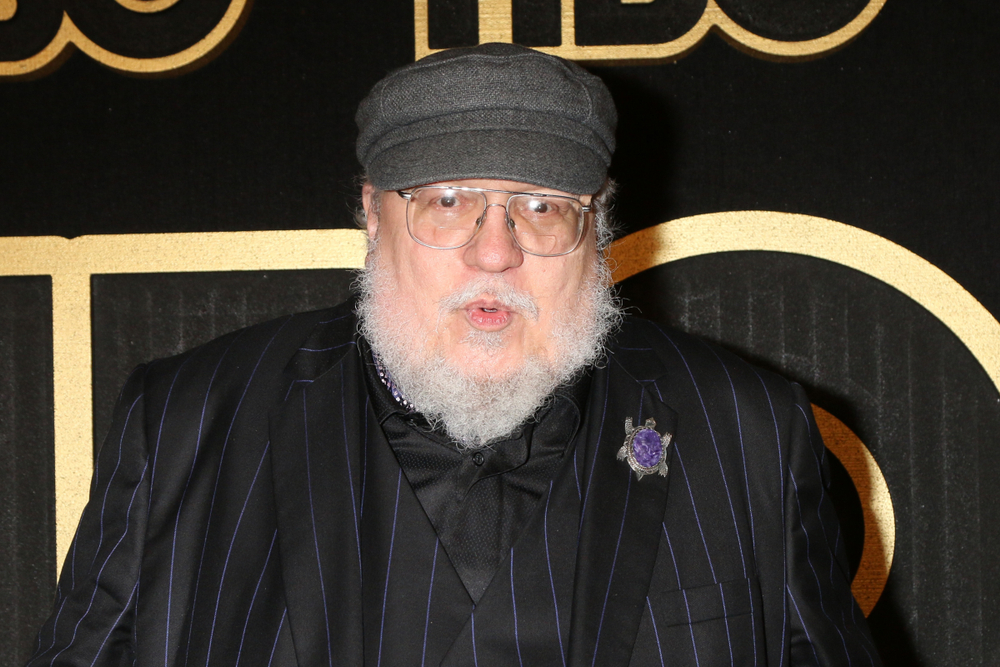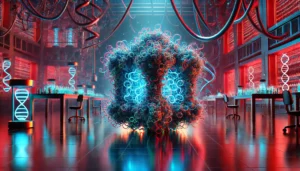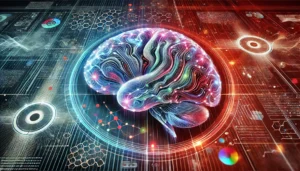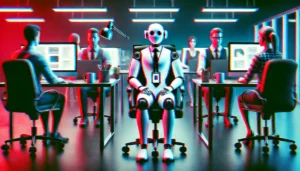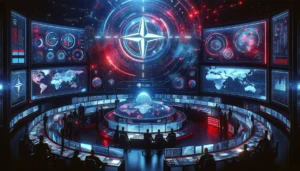OpenAI is facing yet another lawsuit from prominent authors, including George R.R. Martin, John Grisham, and 17 others, alleging copyright infringement while training its AI systems.
This is the highest-profile lawsuit of its type. George R.R. Martin, the acclaimed author of the “A Song of Ice and Fire” series, which inspired the HBO hit series “Game of Thrones,” and other notable authors like John Grisham, Jonathan Franzen, Jodi Picoult, and George Saunders, claim that their copyrighted works were used without permission.
They join a Sarah Silverman, Christopher Golden, Richard Kadrey, Mona Awad, and Paul Tremblay, among others, who have already filed lawsuits for identical reasons.
Language models like ChatGPT are trained by scraping vast amounts of data, often sourced from the internet. Among training data are so-called open-source “shadow libraries” – databases that contain vast quantities of illegally copied books.
Like those before them, the plaintiffs argue that their copyrighted books were used in this process without their consent.
The Authors Guild, a US trade group representing this latest group of 17 writers, has taken the case to the federal court in Manhattan, New York. The group accuses OpenAI of “systematic theft on a mass scale.”
The full list of plaintiffs includes David Baldacci, Mary Bly, Michael Connelly, Sylvia Day, Jonathan Franzen, John Grisham, Elin Hilderbrand, Christina Baker Kline, Maya Shanbhag Lang, Victor LaValle, George R.R. Martin, Jodi Picoult, Douglas Preston, Roxana Robinson, George Saunders, Scott Turow, and Rachel Vail.
In a post on the Authors Guild website, CEO Mary Rasenberger stated, “It is imperative that we stop this theft in its tracks or we will destroy our incredible literary culture, which feeds many other creative industries in the U.S. Great books are generally written by those who spend their careers and, indeed, their lives, learning and perfecting their crafts. To preserve our literature, authors must have the ability to control if and how their works are used by generative AI.”
In a statement, OpenAI emphasized its respect for authors’ rights, stating, “We believe they should benefit from AI technology.”
Last month, OpenAI said copyright allegations were “baseless,” and legal experts believe it will be tricky for plaintiffs to prove that their copyright works are indeed contained and replicated in the training data.
Lawsuits galore
Earlier this year, digital artists took legal action against AI companies Stability AI and Midjourney, alleging training on copyrighted artwork.
OpenAI, along with Microsoft and GitHub, is also under scrutiny for allegedly using copyrighted code to train an AI tool named Copilot.
US legislators have also been involved, meeting with representatives from the creative industries to discuss AI’s impacts. This is a global issue, with similar debates raging in Europe and the UK.
The ongoing debate underscores the challenges and opportunities presented by AI in the creative sector, and it’s entirely possible that AI will be dual-regulated by a mosaic of both lawsuits and laws.
As of yet, no lawsuits have seen a conclusion, and the jury is certainly still out on how they’ll be resolved.

